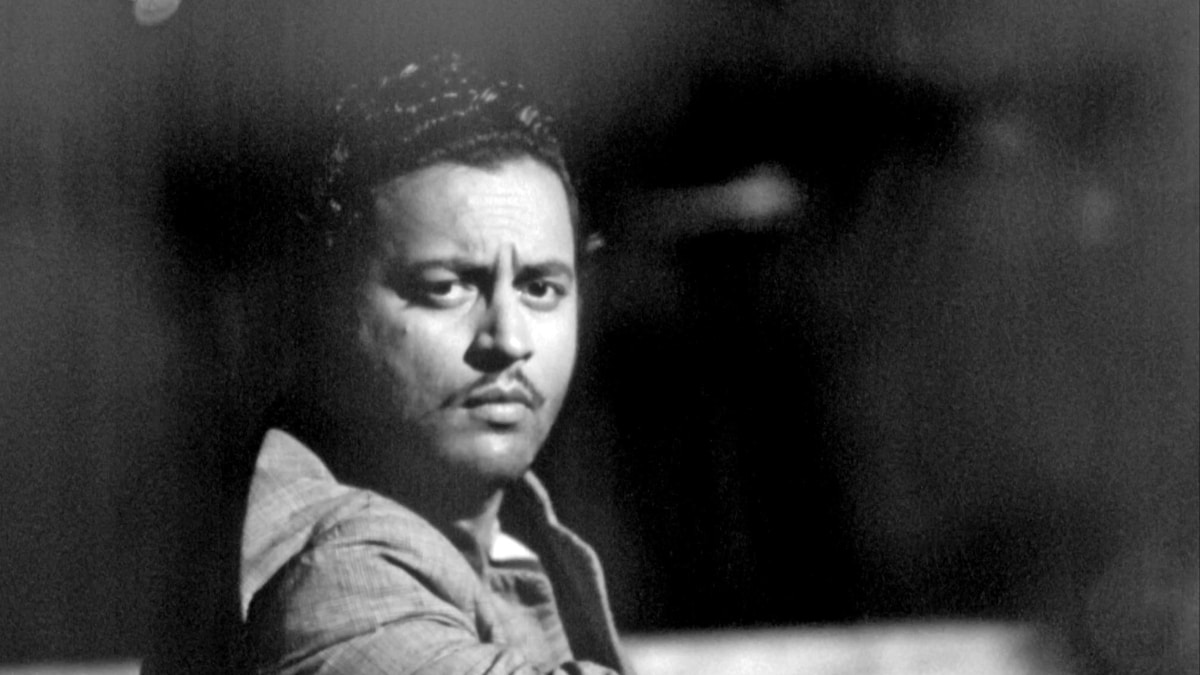

Today, July 9, 2025, marks the 100th birth anniversary of Guru Dutt, a name synonymous with cinematic brilliance and profound melancholy. Born Vasanth Kumar Shivashankar Padukone in Bangalore in 1925, he would become one of India's most visionary filmmakers, leaving an indelible mark on the nation's cultural landscape.
Dutt's journey began with early training in performing arts at the Uday Shankar India Cultural Centre, shaping his aesthetic sensibilities. He moved to Mumbai to pursue his passion, where he started as a choreographer and evolved into a multifaceted talent: a writer, director, actor, and producer.
Guru Dutt's filmography is a testament to his artistic genius. Classics like "Pyaasa" (1957), "Kaagaz Ke Phool" (1959), "Sahib Bibi Aur Ghulam" (1962), "Chaudhvin Ka Chand" (1960), and "Mr & Mrs 55" (1955) are not just films; they are explorations of human emotion, societal complexities, and the very meaning of art and life. "Pyaasa" is the only Hindi film to be featured on Time magazine's "All-Time 100 Best Movies" list. These films, with their lyrical narratives and melancholic themes, continue to resonate with audiences, influencing Indian cinema to this day.
His artistry extended beyond directing and acting. Guru Dutt revolutionized song picturization and used the camera as a writing tool, demonstrating a keen understanding of cinematic language. He also had an eye for talent, and is credited with discovering and promoting actors like Waheeda Rehman and Johnny Walker, writer Abrar Alvi, cinematographer V.K. Murthy, and director Raj Khosla.
Despite his professional success, Guru Dutt's life was marked by personal turmoil. His marriage to singer Geeta Roy (later Geeta Dutt) was strained, and his inability to cope with failure led to bouts of depression. Those close to him said that he felt he couldn't give enough to his relationships or his films. His films often mirrored his internal struggles, with critics drawing parallels between his reel and real life. Characters like Suresh Sinha in "Kaagaz Ke Phool" and Vijay in "Pyaasa" are seen as reflections of Dutt's own persona.
Guru Dutt's untimely death on October 10, 1964, at the age of 39, remains a subject of discussion. Though his career was short, his impact on Indian cinema is immense and enduring. His work has been re-evaluated and recognized for its artistic merit, thematic depth, and technical sophistication.
On his 100th birth anniversary, Guru Dutt is remembered as a poet of celluloid, a master of melancholy, and one of the most creative auteurs of his time. His films are being celebrated and re-released in theaters, with restored versions showcased at events like the Cannes Film Festival. A nationwide retrospective of his classics, restored in 4K, will be screened in theaters. These tributes serve as a reminder of his genius and his lasting contribution to the world of cinema. As his mother once said, "He had an inquisitive mind... He never listened to anyone and would do what pleased his heart".